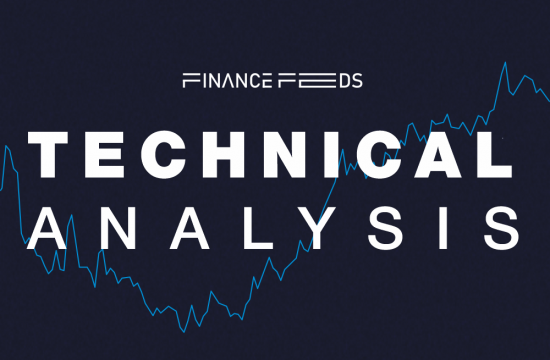“We are interested in what the industry sees as the role of the regulator in the provision of synthetic data, particularly regarding our competition remit, and the appetite of firms to collaborate with regulators and/or other organisations to generate synthetic data.”

The Financial Conduct Authority, UK’s financial watchdog, has called for input from the industry – academics, incumbents. start-ups. RegTechs and FinTechs, technology firms, regulators and policy-making bodies – in regard to “synthetic data”.
The regulator stated that it wants to understand the existing market maturity of ‘synthetic data’ within financial services and its potential for safely opening data sharing between firms, regulators, and other public bodies.
Arguing that data, which drives valuable innovation in an increasingly digital financial services sector, needs to be protected and consumers’ right to privacy safeguarded, the government body further explained its intentions.
“Increasingly, innovation within financial services is data-driven, requiring large volumes of high-quality data to develop and train accurate, effective models and systems.
“However, financial data – such as consumer transaction records, account payments, or trading data – is sensitive personal data subject to data protection obligations, as well as often being commercially sensitive”, the agency said, adding that this is where they believe synthetic data can help.
“To ensure that our innovation services remain fit-for-purpose in the digital age, we are asking for your input. We want to better understand different market participants views’ on the extent to which synthetic data can expand data access and data sharing opportunities in the market.”
The FCA is also evaluating the maturity of synthetic data usage within financial services, and the extent to which both regulated and unregulated firms are using it.
“Finally, we are interested in what the industry sees as the role of the regulator in the provision of synthetic data, particularly regarding our competition remit, and the appetite of firms to collaborate with regulators and/or other organisations to generate synthetic data.”
The FCA, as many other major financial corporations and organizations, is already using synthetic data to build sophisticated fraud-detection models to assess a customer’s level of financial vulnerability, and to make nuanced, accurate, SME lending decisions.
While the main drivers are privacy protection and acquiring enough quality data to test and train machine learning models, synthetic datasets have other compelling benefits, too.
A JP Morgan report found that traditional machine learning techniques struggle to detect anomalies in the highly imbalanced “real” datasets used to train fraud detection models. Synthetic data generation, on the other hand, allows firms to tackle class imbalance in these datasets, leading to far more accurate results.










